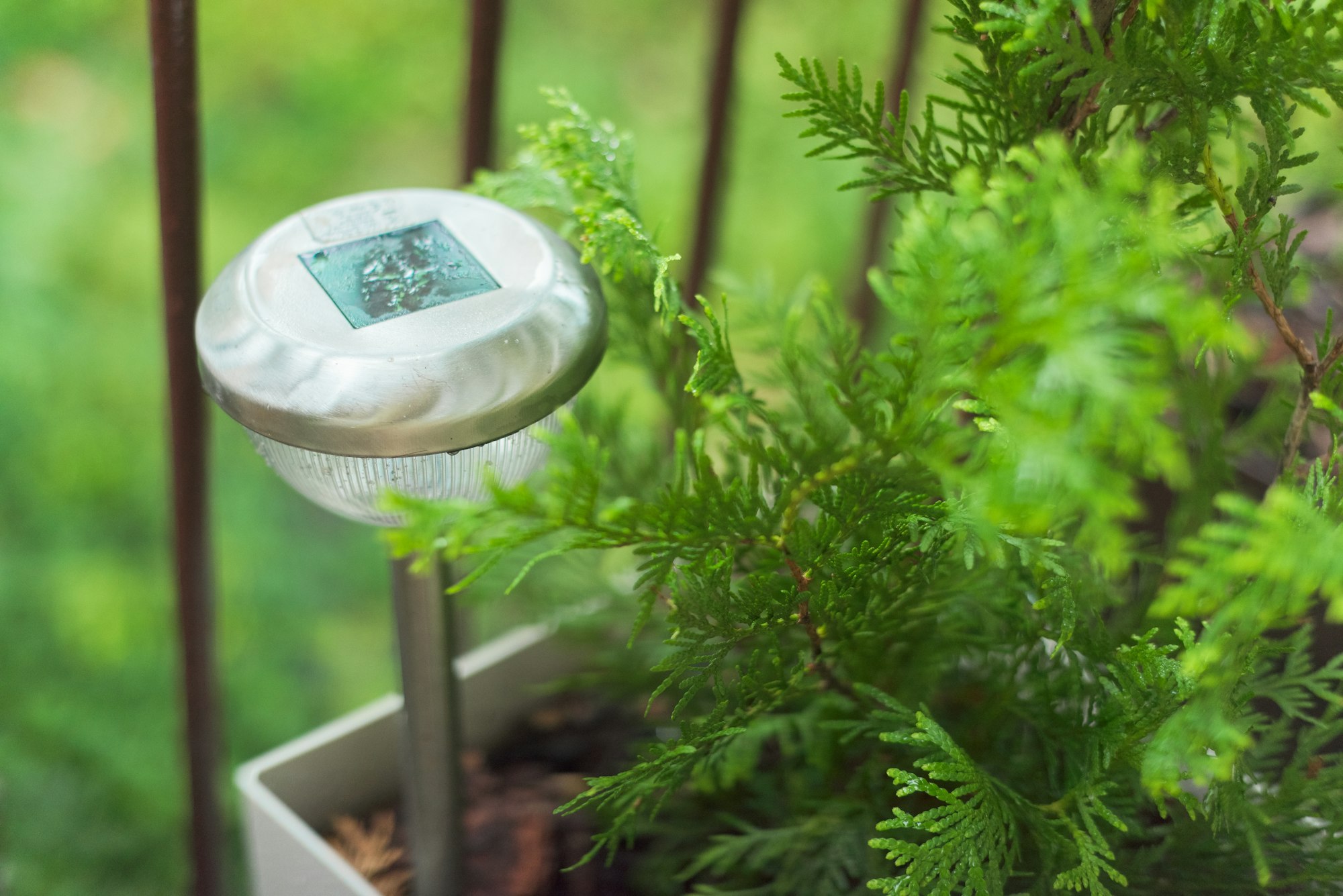Gardening is evolving from traditional methods to a high-tech, smart approach with the introduction of AI. This new era in gardening combines technology and nature, offering smarter, more sustainable ways to care for plants that appeal to both seasoned gardeners and tech enthusiasts.

Understanding AI-Powered Gardens
An AI-powered garden utilizes advanced technology to optimize plant care. It employs various sensors and smart systems to monitor environmental factors like sunlight, temperature, and soil moisture. This tech analyzes data to provide actionable advice, helping gardeners make informed decisions about plant care. It’s like having a digital assistant that advises on the best watering times and fertilizer usage.
Key features of an AI garden include:
- Sensor Networks: Devices placed throughout the garden that monitor conditions affecting plant health.
- Data Analytics Platforms: These act as command centers where sensor data is analyzed and transformed into practical gardening tips.
- Automated Tools: For larger gardens, AI can control automated watering systems or even deploy robots for tasks like weeding.
AI Gardens Promote Sustainability
AI gardens excel in sustainability. They use precise data to minimize water use, reducing the common issue of over-irrigation in traditional gardens. AI also selects the most suitable plants for each environment, reducing the reliance on chemical pesticides. Additionally, it can recommend organic treatments to enhance soil health, promoting an eco-friendly gardening approach.
AI Enhances Garden Aesthetics
Beyond functionality, AI can elevate the aesthetic appeal of gardens. It can design plant layouts by analyzing visual preferences and growth patterns, ensuring that companion plants not only thrive together but also enhance the garden’s beauty. This helps gardeners achieve visually appealing, healthy landscapes without the guesswork.
Innovative AI Tools for Gardeners
Here are some innovative AI applications in modern gardens:
- Robotic Lawn Mowers and Weeders: These robots maintain garden aesthetics autonomously based on AI-generated schedules.
- Plant Health Monitoring Apps: Linked to garden sensors, these apps provide early warnings for potential plant diseases or deficiencies.
- Irrigation Control Systems: Smart controllers use weather and soil data to irrigate plants precisely, conserving water.
- Growth Prediction Models: These models forecast plant growth under various environmental conditions, aiding in garden planning.
AI-powered gardens are not just a trend; they represent the future of gardening. With benefits ranging from environmental sustainability to enhanced beauty and ease of maintenance, AI is setting a new standard for how we interact with and cultivate our garden spaces.

FAQs About AI-Powered Gardens
1. What are the benefits of using AI in my garden?
AI in gardening offers multiple benefits, including increased efficiency and sustainability. By using sensors and data analytics, AI can determine the precise needs of your plants, such as when to water or fertilize, minimizing resource waste. It also allows for more effective pest and disease management, often reducing the need for chemical treatments. Additionally, AI can help design your garden layout to optimize plant health and aesthetic appeal.
2. Do I need to be tech-savvy to use an AI-powered garden system?
Not necessarily. Many AI garden systems are designed to be user-friendly, even for those with limited tech experience. The systems typically provide straightforward, actionable insights and recommendations that you can follow easily. Apps and interfaces tend to be intuitive, guiding you through the necessary steps to maintain and enjoy your garden.
3. How does AI contribute to garden sustainability?
AI contributes to garden sustainability by ensuring that resources are used efficiently. For instance, smart irrigation systems can significantly reduce water usage by watering plants only when necessary, based on precise moisture and weather data. AI also promotes biodiversity and reduces chemical dependency by selecting plants suited to local conditions and advising on natural treatment methods. This leads to healthier gardens with less environmental impact.
Sources The Guardian


